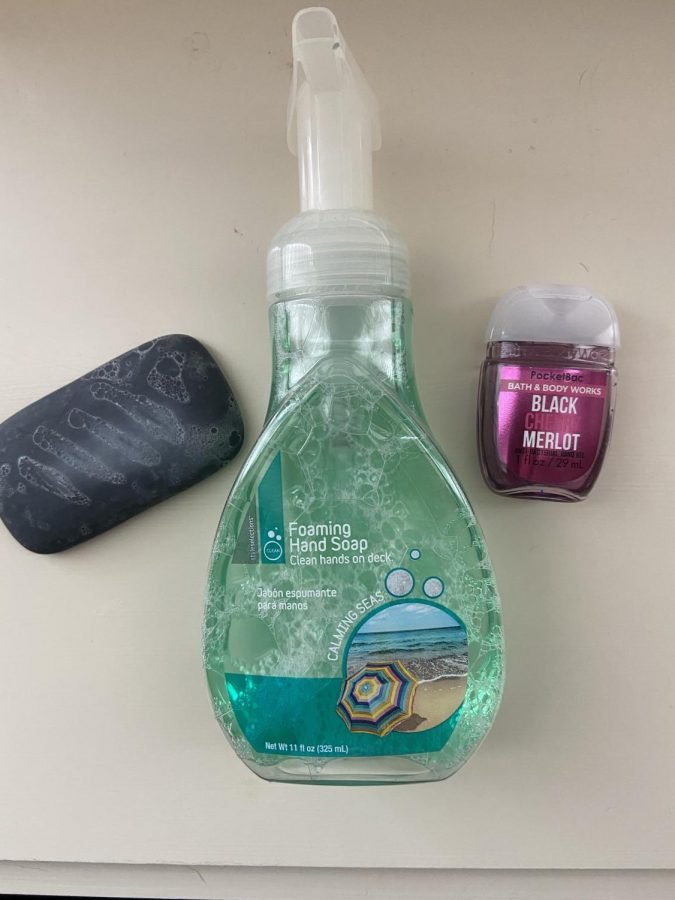The History of Clean
Since the COVID-19 virus has broken out all over the planet, people are now being tested with how well they can maintain their cleanliness. Millions of people, like Selena Gomez, have shown people on their social media platforms how to wash their hands in order to prevent the spread of germs. Sophomore, Kacey Magana, believes that staying clean and healthy has always been a big part of her life, but now more than ever it matters to her to stay clean and cautious around others.
“Since the virus is now a problem, I have been trying to stay away from people by social distancing, which means staying at home. I have started to wash my hands more often and have caution about what I touch,” said Magana.
Even though nowadays there are many things that help people stay healthy and clean, like hand sanitizer and medicine, it was not always the case for past generations. The era 476 AD to 1453, in Europe, was called the Middle Ages which have been described throughout history as a period of filth when people rarely washed and would have stunk and had rotten teeth. During the Middle Ages, people would only use a basin of hot water to stay clean, until the introduction to soap began during this time frame. However, heating the water was very time consuming, so many people just used cold water.
Back in the Middle Ages, the idea of quarantine was not a popular or an affordable one, even while the Black Death plagued 1343 Europe. AP-World teacher, Jennifer Swegler, says that during this time, many people did not have quarantine and the effects were disastrous.
“The Black Death, or the plague, came in many waves between 1343 and onward. Some people built up immunities to it over time, but oftentimes it could wipe out entire towns or cities. A general rule of thumb was to get away from crowded places. For example, King Henry VIII literally fled to a castle and stayed there all spring, and if you didn’t live there already you were denied admittance, so he literally self-quarantined in a castle, but of course, most people couldn’t afford that,” said Swegler.
As the years progressed after the Middle Ages, cleanliness progressively became more important for people. Presently most people wash their hands, and restaurants clean up after their guests leave to stay clean. Most stores are having designated days for elderly families to shop in stores, so they can get the food and necessities they need without being exposed to higher risks. It is the little things that places are doing for families to keep them safe and remain healthy. Sophomore, Jermey Perez, thinks that what restaurants and shops are doing for families during this time is beneficial.
“I think everyone understands that it can be hard for families who do not have a lot to be able to shop before everyone else takes everything. It is nice for what different places are doing for families,” said Perez.
A lot has changed regarding the expectation of cleanliness and health. With the pandemic spreading globally, our future depends on the maintenance of clean and safe practices.


